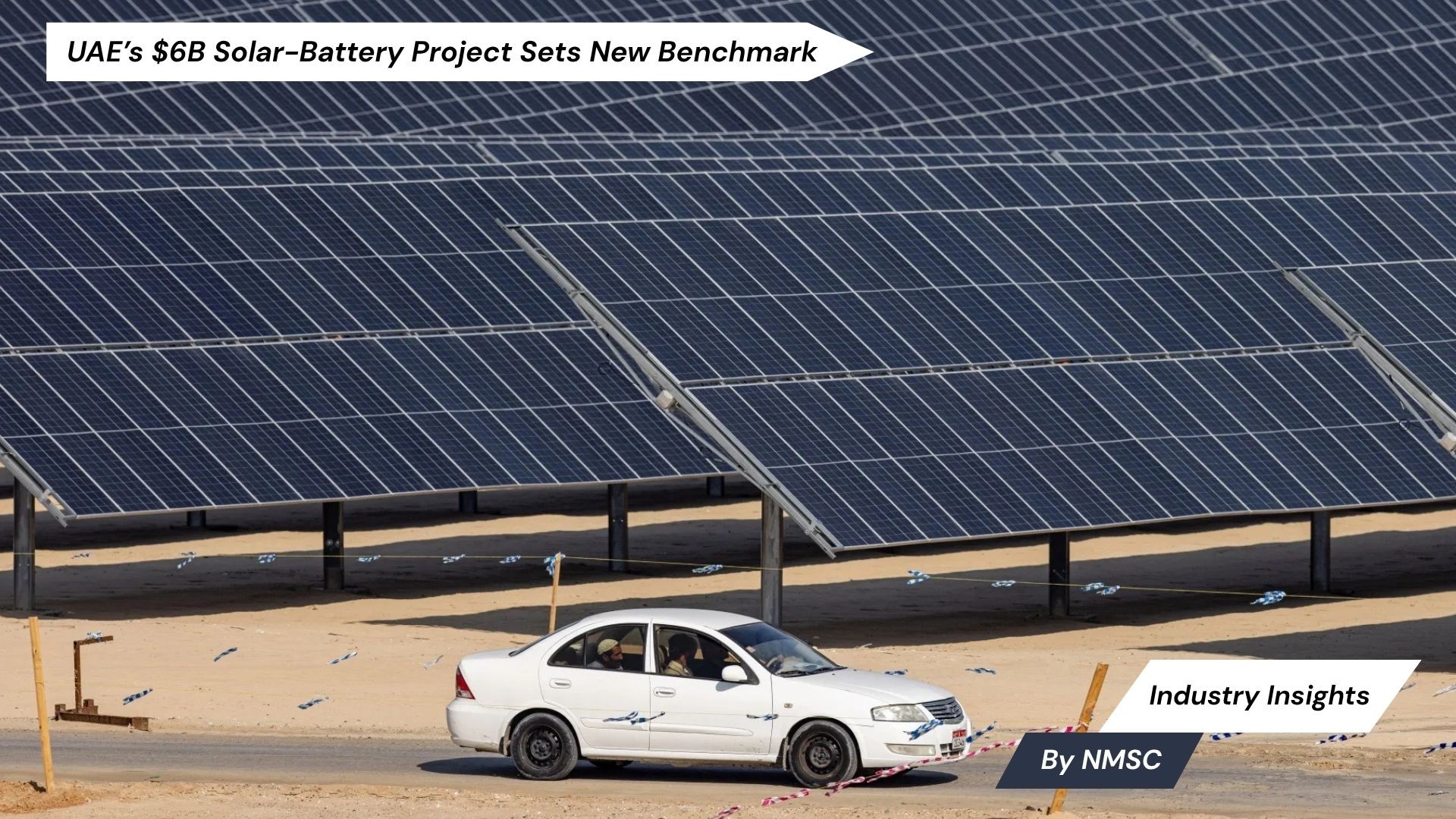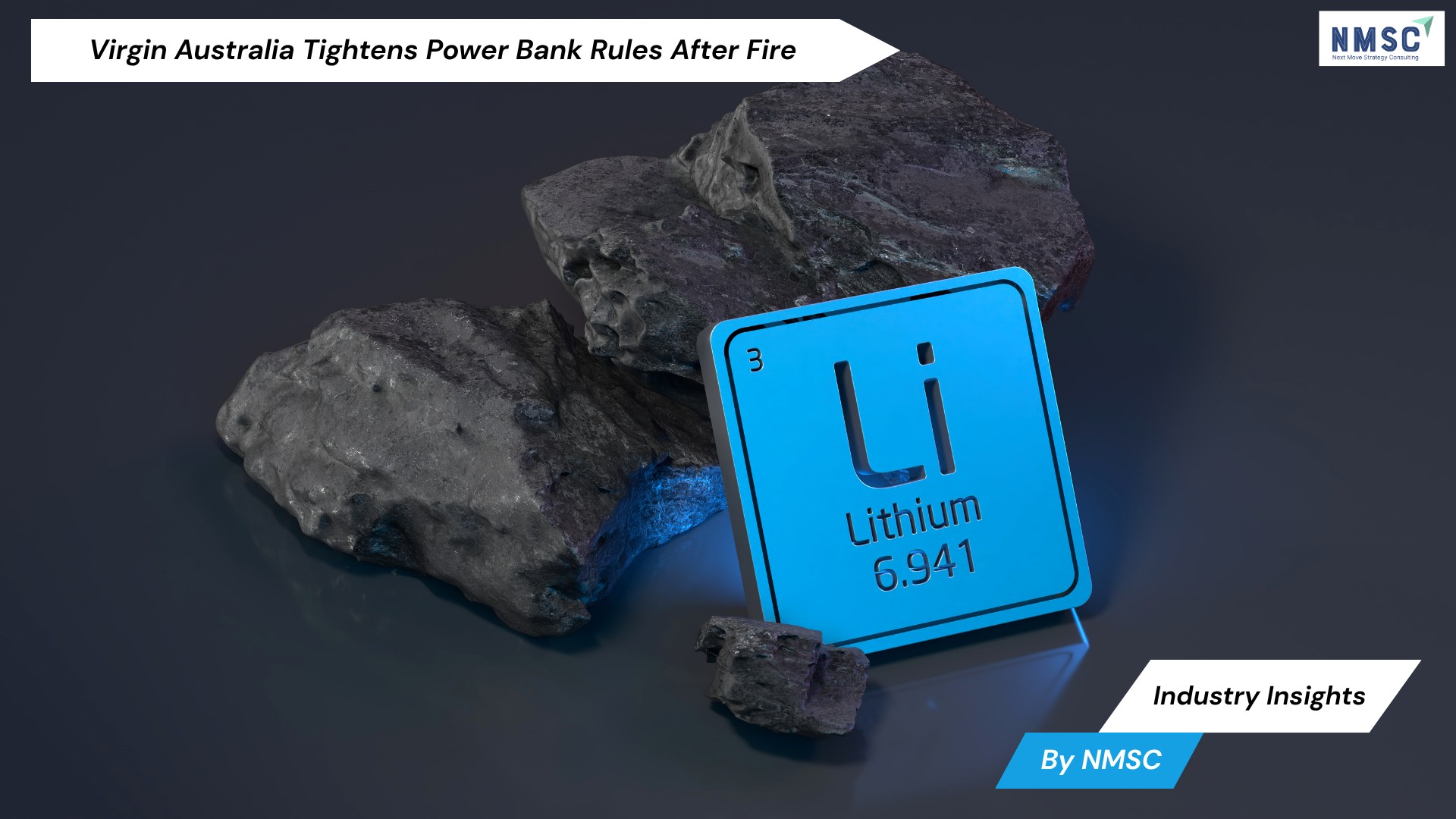Africa Battery Market is expected to reach USD 4.35 billion by 2030
Published: 2025-11-04
The Off-grid solar projects and falling lithium-ion battery prices and enhanced performance are driving up demand for the Africa battery market during the forecast period.
Africa Battery Market was valued at USD 1.01 billion in 2022, and is predicted to reach USD 4.35 billion by 2030, with a CAGR of 19.9% from 2023 to 2030, according to new research by Next Move Strategy Consulting.
Off-grid solar projects have positioned the sub-Saharan African region as a prominent hub. This has sparked a surge in the adoption of energy storage coupled with solar PV, notably in advanced nations like South Africa. As a result, significant prospects have emerged within the battery market. For instance, in November 2021, the government introduced the Renewable Energy Independent Power Producer Procurement Programme (REIPPPP), a government initiative in South Africa, mainly responsible for the country's increase in energy storage projects. The distributed Battery Energy Storage Systems (BESS) project involves the development of 360 MW storage systems at various Eskom distribution sites in several provinces. The project will be implemented in two phases, targeting the installation of 800 MWh and 640 MWh, respectively.
Also, the decline in average lithium-ion battery prices, fast recharge, high energy density, and high discharge power helped in meeting the OEM standards of EVs, which is expected to drive the market. For instance, in January 2022, the South African government established the uYilo jumpstart fund to promote innovations in EVs. The USD 55,000 fund for EV projects was part of the country's National uYilo e-mobility program, which began in 2013. The South African government plans to establish a local value chain for lithium battery manufacturing, particularly for the EV sector.
However, improper battery management poses a range of hazards affecting both human health and the environment. Disused or wrongly discarded batteries often find their way into landfills, where they break down over time, releasing hazardous substances. As these batteries degrade, their chemical components can infiltrate the soil, leading to pollution of underground and surface water sources. This contamination presents a substantial threat to ecosystems, resulting in detrimental effects on aquatic plants and animals due to the existence of hazardous battery elements like mercury, cadmium, lithium, and lead. Consequently, this scenario is anticipated to limiting the growth of the battery market in Africa.
On the other hand, the increasing adoption of NDBs across diverse sectors such as automotive, aerospace, and electronics is poised to open up future opportunities in the Africa's battery market. The emergence of NDBs signals a revolutionary departure in the realm of energy generation and storage, challenging the established norms of conventional battery technology. These Nuclear Diamond Batteries (NDBs) represent a groundbreaking advancement, harnessing the latent energy within radioactive decay of nuclear waste to generate usable power. Distinguished by their unique attributes, these exceptional systems excel in capturing and converting energy derived from radioactive decay. NDBs stand out due to their compact design, modular capabilities, cost-effectiveness, and scalability, making them adaptable and valuable across a wide spectrum, from small-scale chipsets to expansive industrial applications. By employing alpha, beta, and neutron voltaic principles within a sturdy diamond-based framework, NDBs offer a sustainable and enduring energy solution for a diverse array of applications, effectively surpassing the limitations of traditional chemical battery technologies.
Request for a Sample PDF on the Africa Battery Market
According to the report, leading players in the Africa battery market include Associated Battery Manufacturers (EA) Ltd. (ABM), BlueNova Energy (Pty) Ltd, Clarios, Deltron Energy, Dixon Batteries, Duracell Inc, EnerSys, Enertec Batteries (Pty) Ltd, Eveready (Pty) Ltd, Exide Technologies, First National Battery, Freedom Won, GS Yuasa Corporation, Hoppecke (via Kopana Power), Leoch International Technology Ltd, Panasonic Corporation, Potensa, Solar MD, Trojan Battery Company (via BatteryDC), VARTA (via AutoX).
Key Insights from the Africa Battery Market Report:
-
The information related to key drivers, restraints, and opportunities and their impact on the Africa battery market is provided in the report.
-
The value chain analysis in the market study provides a clear picture of the roles of each stakeholder.
-
The market share of players in the Africa battery market is provided in the report along with their competitive analysis.
















Add Comment